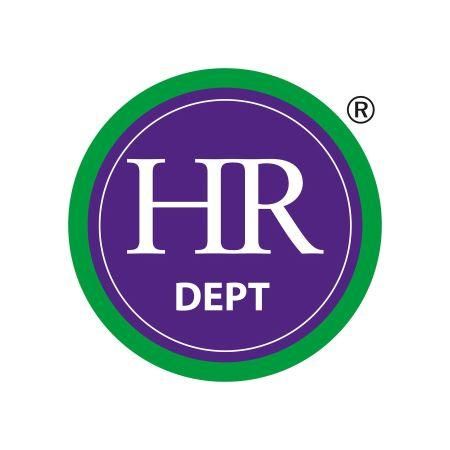Do’s and Don’ts When Interviewing For Your Business
Hiring can be both an exciting and trying time. You’re likely to be busy, hence the need for a new person, but you also want to make sure that you take the time to attract and select the right people for your business.
Similarly, job candidates are also going through a process of selection, and first impressions matter to them when seeking employment. As they are preparing to ace their next interview, you’ll also want to make sure that you or your hiring managers can operate a smooth process at your end. It’s not just candidates that can slip up during an interview.
From having the wrong CV, to keeping people waiting, asking personal questions, or even eating during the interview, all manner of horror stories have made it onto the Internet from candidates sharing their unfortunate experiences.
Holding a professional interview is not only vital for getting the right person, but it reduces the risk of discrimination and a claim against your business; plus it saves you from a potential PR nightmare.
Prepare your interview questions
Employment law applies from the moment you post a vacancy, and there are certain “do’s and don’ts” when it comes to interviews, particularly surrounding the questions that you ask. Are you confident that those recruiting for your business are following best practice?
A basic understanding of equality law is necessary to make sure that, however innocent, inappropriate questions are not asked during an interview.
The following characteristics are protected from discrimination under the Equality Act 2010, and questions on them should be avoided: Age, disability, gender reassignment, race, religion or belief, sex, sexual orientation, marriage and civil partnership, pregnancy, and maternity.
For example, questions like: How old are you? Are you married? How old are the kids? Shouldn’t make the cut.
It’s also wise to steer clear of contentious subjects like politics or pressing too much for answers. Your questions should tell you enough but not too much. Your interviewee’s questions will tell you how much they have thought about the role. A top tip from us, avoid those who ask how much sick entitlement they get.
An interview gives you dedicated time with a candidate so that you can both discuss suitability for the role. To get the most out of this time, it is wise to do some interview prep to avoid repetition or missing out important questions. During this time, you want to find out if they have the right knowledge, skills and attitude to do the job. We always say that attitude is probably the most important.
Prepare the environment
Consider the location of your interview too. Does it give a good first impression of your business? If you’re interviewing virtually, are your background, lighting, camera angle and sound presenting you as you would wish?
Will you have stages of interviews and incorporate specific tasks or psychometrics to evaluate skills and ability? These elements need to be thought about well in advance to give you the best possible outcome.
Stay in the know
Along with knowing both the legal and best practice requirements of interviews, it’s also important to keep in mind that recruitment is different in 2021. Both Brexit and the COVID-19 pandemic have had an impact on the availability and needs of job seekers.
If you’re using the same hiring practices that you did three years ago and are not seeing results, it could be time for a review of your recruitment. For more information, visit the HR Dept Swindon website






















